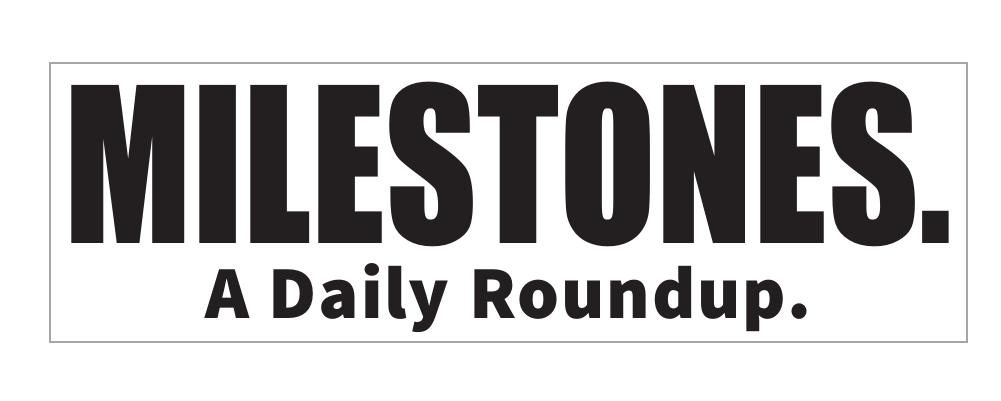Milestones: April 3, 2024

PONY EXPRESS DEBUTS — THE FIRST PONY EXPRESS TEAMS on April 3, 1860, set off simultaneously from St. Joseph, Missouri, and Sacramento, California, heading toward each other. These horse-and-rider relay teams provided mail service more rapidly than the ships that had needed to circumnavigate North America. The westbound Pony Express rider arrived in Sacramento with his mail packet ten days later, on April 13, beating his eastbound counterpart by two days, and thus setting a standard for quicker mail delivery. The towns between St. Joseph and Sacramento benefited from the Pony Express route, both in terms of mail delivery and economy. However, the Pony Express proved to be short-lived in the long haul and wound up leading to the importance of building a transcontinental railroad.
The legendary frontiersman and later showman William “Buffalo Bill” Cody (1846-1917), reportedly was 14 years old when he joined the Pony Express.
✰✰✰

Brooklyn Boro
View MoreNew York City’s most populous borough, Brooklyn, is home to nearly 2.6 million residents. If Brooklyn were an independent city it would be the fourth largest city in the United States. While Brooklyn has become the epitome of ‘cool and hip’ in recent years, for those that were born here, raised families here and improved communities over the years, Brooklyn has never been ‘uncool’.